Kevin Sabet, often referred to as a prodigy of drug politics, has served as a White House drug policy advisor under both Republican and Democratic administrations. He earned his doctorate at the University of Oxford and is currently president of the Foundation for Drug Policy Solutions. His latest book, One Nation Under the Influence, analyzes America’s addiction crisis and the unexpected negative consequences of legalization, while his earlier award-winning work, Smokescreen: What the Marijuana Industry Doesn't Want You to Know, was adapted into a documentary. Dr. Sabet, a visiting researcher at Yale University and a frequent Newsweek commentator on drug policy issues, delivered a keynote speech at MCC’s Budapest conference on the challenges and opportunities of building an effective, humane drug policy. He warned that the legalization of marijuana and other psychoactive substances around the world is contributing to a surge in addiction among young people. Kevin Sabet gave an interview to Magyar Nemzet at MCC’s Global Drug Epidemic Summit held in Budapest.
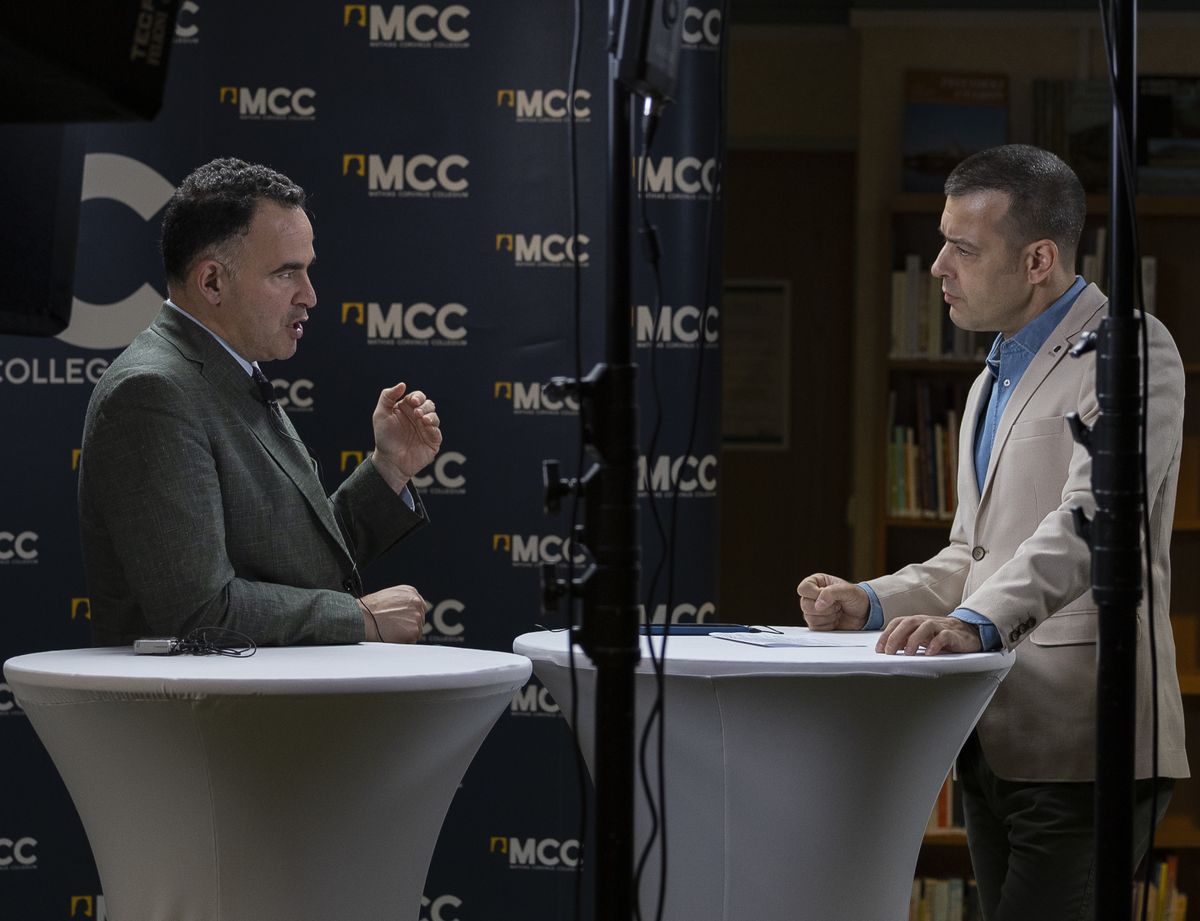
Dr Sabet, you’re against legalization. You say it creates an industry that now resembles the tobacco industry, big pharma, or the alcohol industry – all driven by Wall Street and Silicon Valley. You say the big question is not whether legalization is right or wrong, it’s about the biggest takeover of public health by corporate interest since the advent of tobacco 100 years ago. Can you please expand on this?
Yeah, so we're in the midst of having a global discussion about legalization and what I worry about is that we are essentially legalizing addiction. And we're not only legalizing addiction, we're legalizing addiction for profit where people will be making money in the legal market off of other people's misery. That's usually a crime. We don't want to encourage people to do that, and when you legalize something, you're encouraging industry to sell a product that's known to be extremely harmful for the individual and society.
You know, tobacco has been used for thousands of years and it only started killing people when we invented the modern day cigarette, and that was invented by the industry. Today's marijuana industry is doing the same thing.
Marijuana has been used for a long time, but the kind of marijuana that they are selling does not resemble the marijuana that maybe a lot of people are familiar with. It's been genetically bred and altered to increase the length, the potency, and that's why we're seeing so many problems with it. I don't think that is an industry that should be encouraged and legalized.
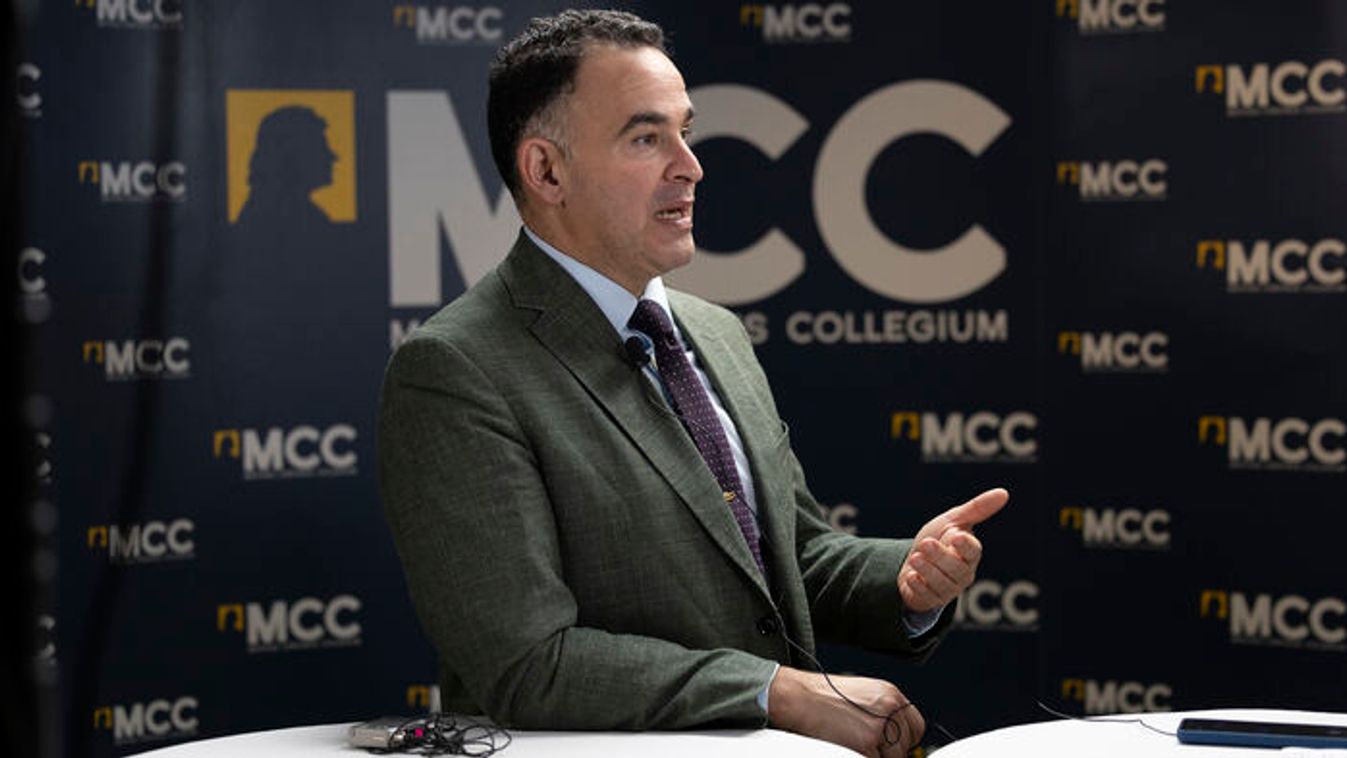
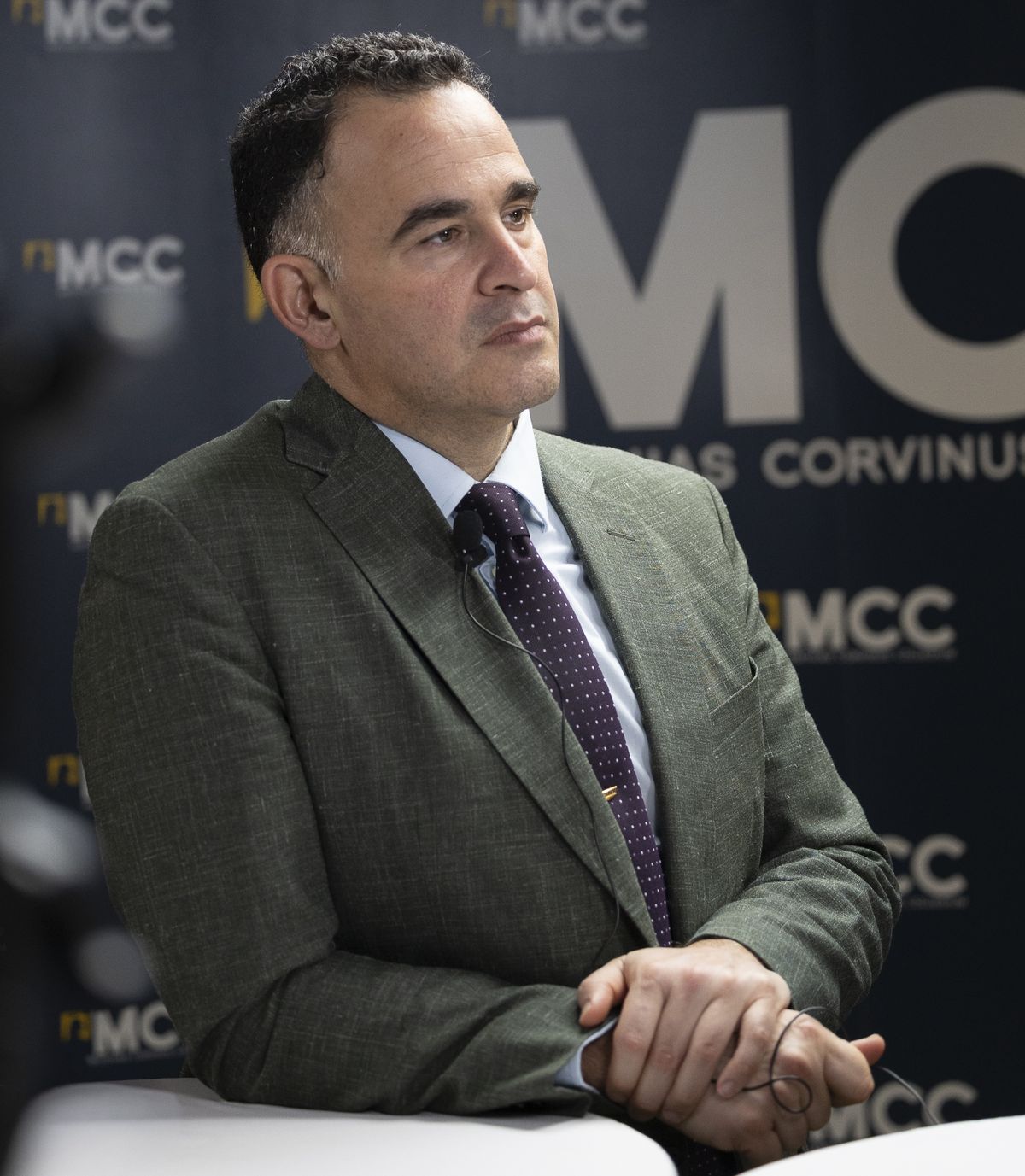





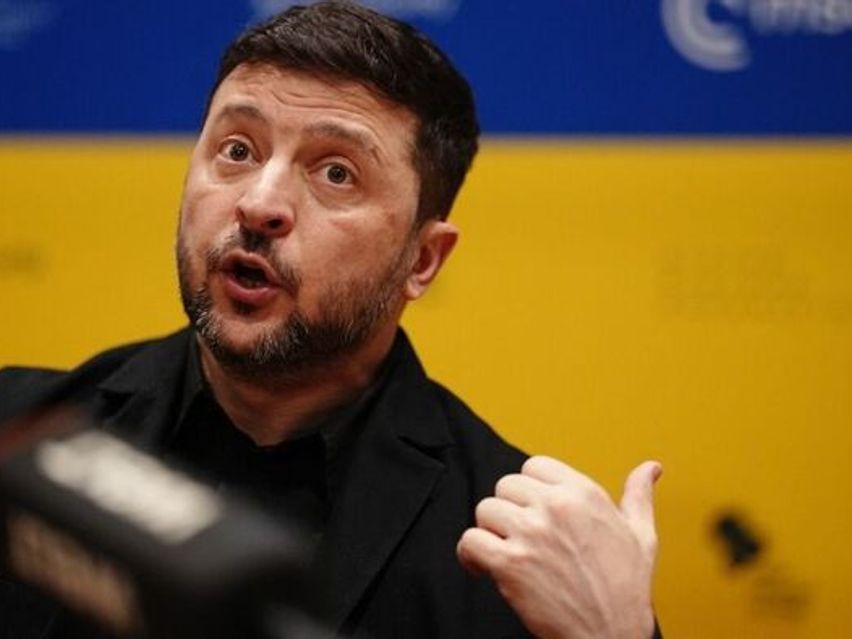





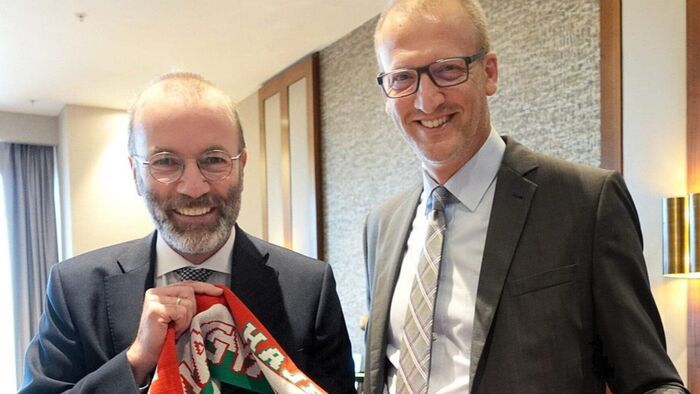





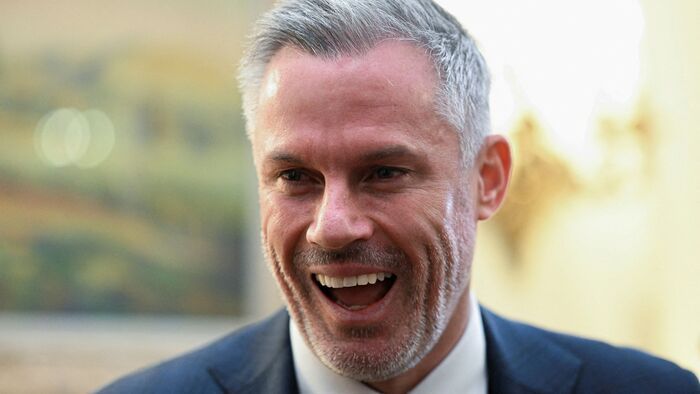



Szóljon hozzá!
Jelenleg csak a hozzászólások egy kis részét látja. Hozzászóláshoz és a további kommentek megtekintéséhez lépjen be, vagy regisztráljon!